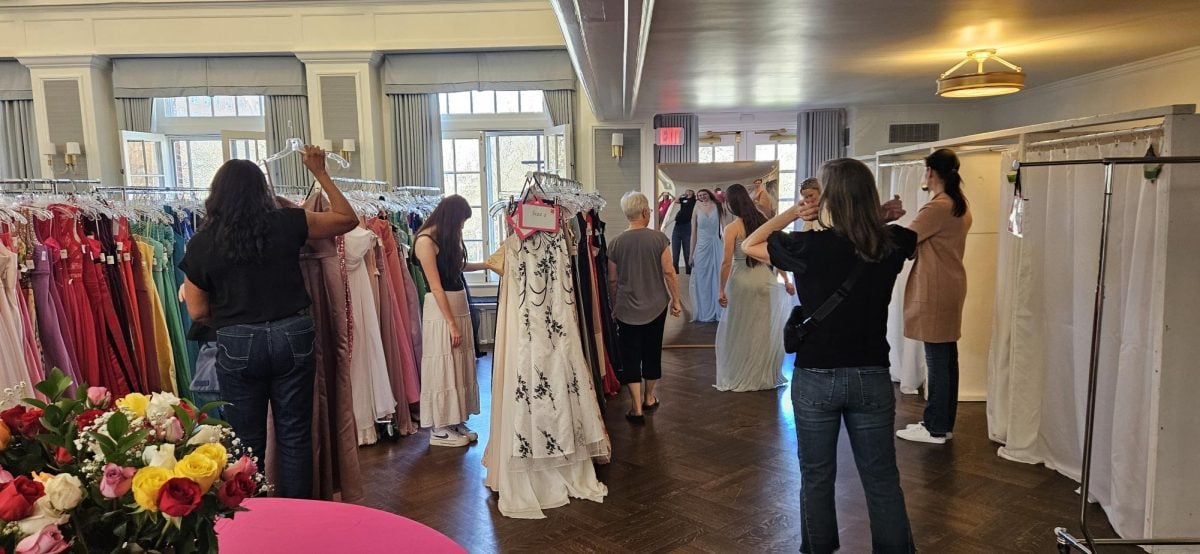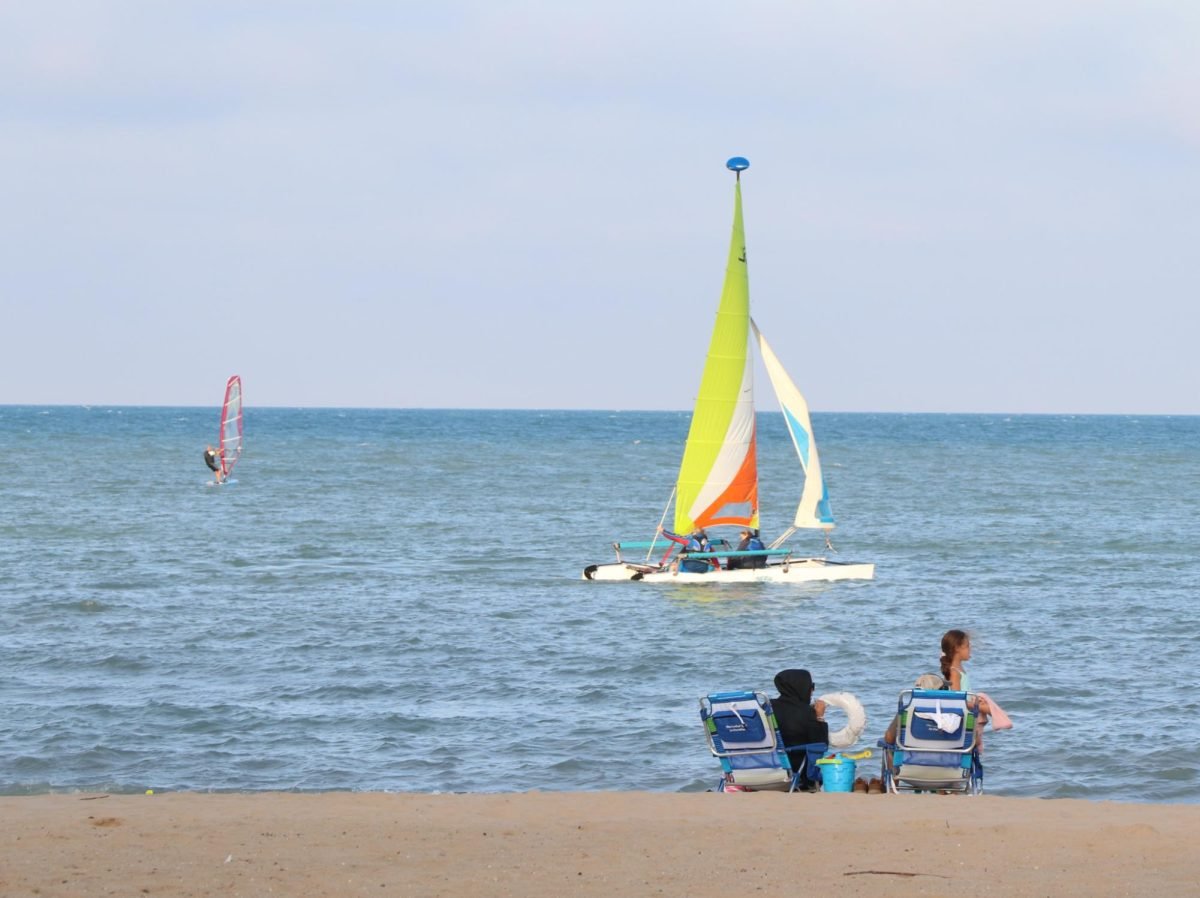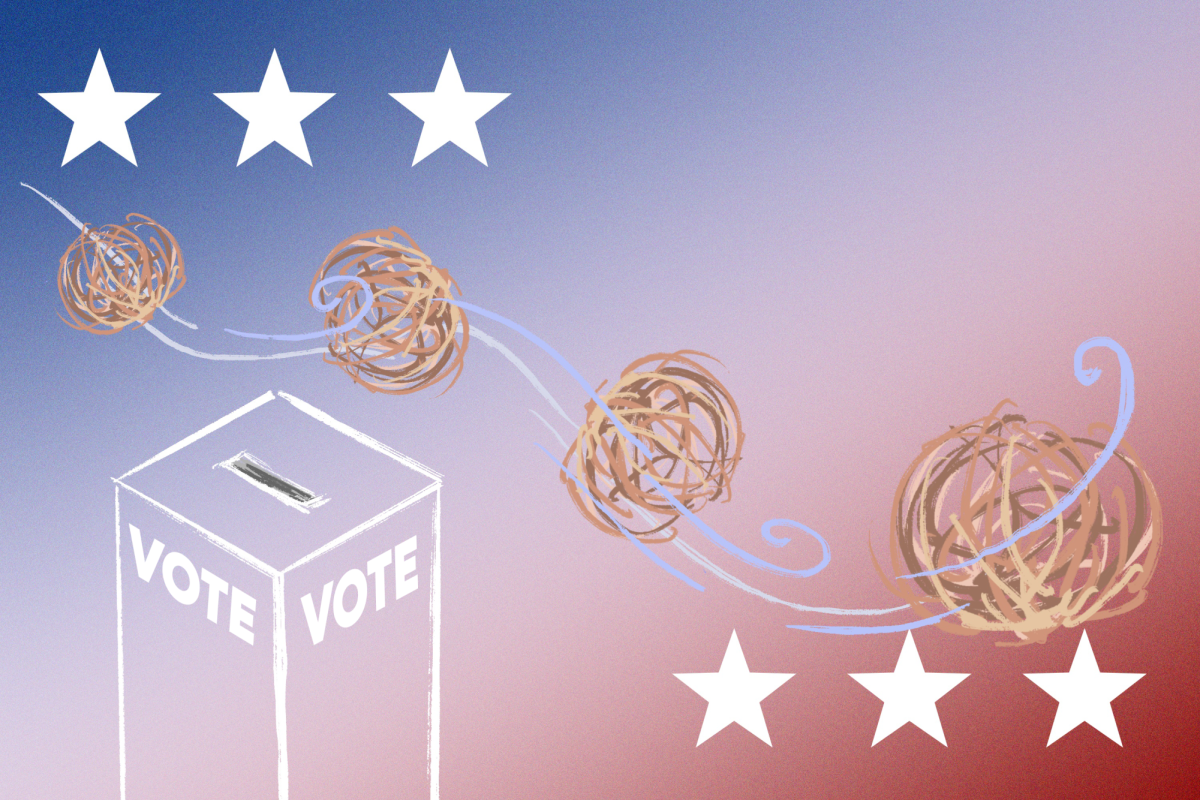The Illinois Human Services Commission decided Tuesday to table a bill that would ban indoor tanning in Illinois for teenagers.
H.B. 1666, if passed, would amend Illinois’ Tanning Facility Permit Act to prohibit minors from using any tanning facility in Illinois, regardless of whether they have parental permission. The legislation, introduced by state Sen. Robyn Gabel (D-Evanston), was presented Tuesday in Springfield to the commission and supported by testimonies from medical experts and melanoma survivors.
Despite its tabling, the bill may be eligible for a vote after some amendments are made.
California already forbids tanning for minors, and at least 31 other states regulate minors’ tanning in some way, according to the National Conference of State Legislatures. Some salon tanning methods put individuals at risk for melanoma, a type of skin cancer that the American Cancer Society predicts will lead to 9,180 deaths in 2012.
Individuals younger than 18 may not be able to decide what is or is not harmful for their bodies, said Samantha Guild, patient advocate for AIM at Melanoma, a California-based nonprofit that works with individuals affected by melanoma. Tanning is comparable to smoking, except the potential consequences are not as well-publicized, Guild added.
“We’re hoping that the fact that the bill has now gone into effect, it sends a very strong message not only to residents in California but to the country as a whole that this recreational activity is a dangerous activity and it can lead to health risks after a number of years,” Guild said.
One of the main problems within the tanning industry is that facility staff do not always inform clients about the dangers of exposure to ultraviolet rays, said Katie Stegle, a 24-year-old Illinois resident and melanoma survivor who testified before the commission Tuesday. Stegle was contacted by AIM advocates to support the bill last March and has been advocating for the bill ever since.
“I wish someone would have put this in effect 10 years ago so melanoma wouldn’t be something I had to go through,” she said. “It’s 10 times worse than not having a tan. A lot of young girls are jumping on the bandwagon because they think that it’s popular and it makes them look pretty. People just don’t know the risks.”
One of those risks is cancer, wrote Matt Trewartha, Gabel’s legislative aide, in an email to THE DAILY on Tuesday.
“Since the operators of these salons often mask the consequences of tanning, it is up the legislature to ensure the overall public health of Illinois’ residents, especially our youth,” Trewartha wrote in the email.
In an effort to minimize harm for clients, some salons do try to educate people about how to use the equipment and care for their skin, said Alan Reet, owner of A Better Tan, 1136 W. Bryn Mawr Ave., in Chicago. He said the legislation would not harm him much financially, as a small percentage of his business comes from minors, but he worries teens would find unsafe alternatives to salon tanning, such as home tanning beds.
“It’s detrimental to young people,” Reet said. “Home beds can be used at will and excessively, and when no one is instructing them about the proper tanning techniques it could have negative results.”
Charlie Scott, a 17-year-old Communication freshman, said he understands why a concern has been raised but thinks the state legislature could be focusing on less trivial issues. The issue does not really affect him, but the debate is superfluous, he added.
“I feel that I have the discretion to walk into a tanning salon or not, especially being 17 and at college,” Scott said. “Physiologically speaking, the part of the brain that makes logical decisions isn’t fully developed into the early 20s. A biologist would say I can’t make my own decisions, but I think that I can.”













